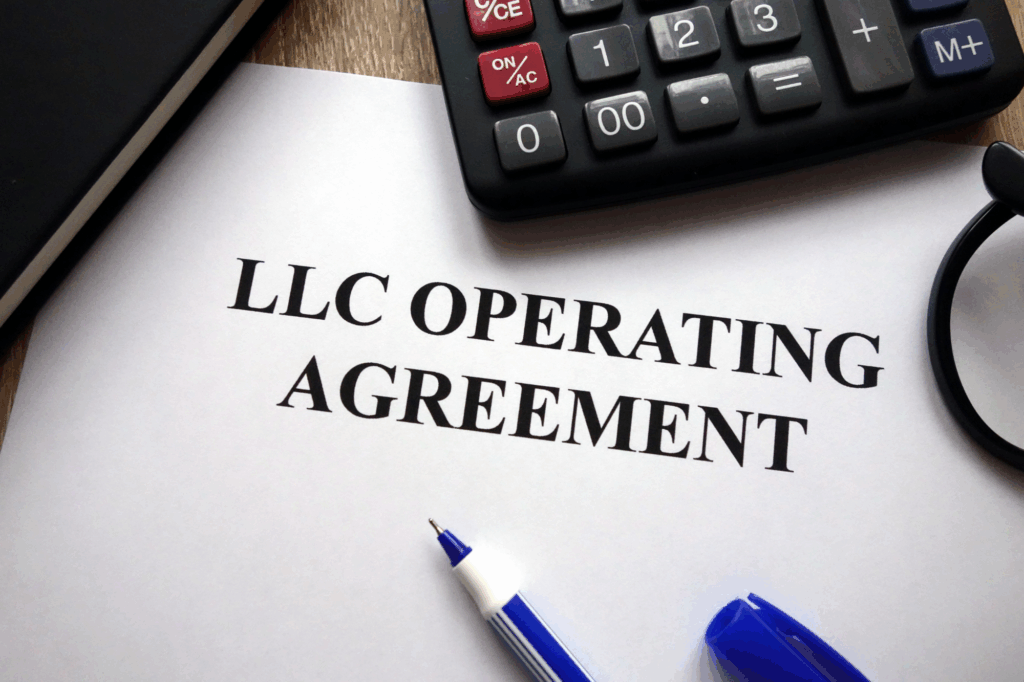Navigating the world of business taxation can be daunting, especially when it comes to understanding franchise tax. This tax is a crucial aspect of doing business in certain states across the United States. It is essential for enterprises to grasp the implications, calculations, and obligations associated with this tax to ensure compliance and optimize their financial strategy. In this blog post, we will delve deeper into the concept of franchise tax, explore its nuances for different business structures, and offer guidance on managing these tax obligations effectively.
What is Franchise Tax?
Franchise tax is a levy imposed on certain enterprises that wish to conduct business in specific states. Unlike traditional income taxes, franchise tax is not based on the profit of the company. Instead, it is a fee for the privilege of doing business in that state. While some entities, such as fraternal organizations, nonprofits, and certain limited liability corporations, are exempt, most businesses need to account for this tax in their financial planning.
The Purpose of Franchise Tax
The primary purpose of franchise tax is to generate revenue for the state while allowing businesses the legal right to operate within its jurisdiction. This tax supports state infrastructure, public services, and regulatory frameworks, which in turn benefit the businesses operating there.
Do I Have to Pay the Franchise Tax?
If you have successfully incorporated your business, you will encounter new tax liabilities, including franchise tax, due to your new taxpayer status. This tax is obligatory and applies to various company types, regardless of their profitability. States like Delaware, known for its business-friendly laws, impose franchise taxes alongside income taxes. After incorporation, your company will be liable for an annual flat-rate franchise tax. It is crucial to understand these obligations to avoid penalties and ensure smooth operations.
States with Franchise Tax
Not all states impose a franchise tax. Some of the states that require businesses to pay this tax include Delaware, Texas, California, and Georgia. Each state has its own rules and rates, making it important for businesses to familiarize themselves with the specific requirements of the state in which they operate.
How to Calculate Franchise Tax?
Calculating franchise tax can be complex, as the actual amount varies depending on the method chosen. Typically, the calculation involves either the number of authorized shares or the assumed par value capital values. It’s important to pay the franchise tax on time to avoid additional liabilities, which might arise depending on your company’s operational and legal structure. For operationally active C-Corps, federal corporate tax at a rate of 21% is also applicable. Furthermore, distributing dividends to shareholders results in income tax liabilities for them, leading to double taxation.
Methods of Calculation
- Authorized Shares Method: This method calculates the tax based on the number of shares a corporation is authorized to issue. More shares generally mean a higher tax liability.
- Assumed Par Value Capital Method: This method involves calculating the tax based on the total gross assets and total issued shares of the corporation. It is often used when it results in a lower tax liability compared to the authorized shares method.
Franchise Tax for LLCs and C-Corps
LLCs and C-Corps have different considerations when it comes to franchise tax. An operationally active LLC offers flexibility in taxation. You can choose to file taxes on a disregarded entity basis or follow C-Corp taxation rules. One significant advantage of disregarded entity taxation is the ability to file your company’s taxes with your income taxes before the IRS, thereby avoiding double taxation.
For C-Corps, the federal corporate tax rate and dividend-related income taxes can result in double taxation, necessitating careful financial planning. Seeking professional assistance can help navigate these complexities and ensure compliance.
Comparing LLCs and C-Corps
- LLCs: Often favored for their flexibility, LLCs can avoid double taxation by being taxed as a disregarded entity. This means the income is reported on the owner’s personal tax return.
- C-Corps: While C-Corps face double taxation, they offer benefits such as easier access to capital markets and the ability to issue multiple classes of stock.
How Clemta Can Help
Navigating the intricacies of franchise tax and incorporation processes can be challenging. That’s where Clemta comes in. Clemta offers comprehensive consultancy services for your incorporation and post-incorporation needs. From handling complex tax issues to providing full-service taxation consultancy, Clemta simplifies the process. You can easily add the required services to your cart with a single click, and Clemta will take care of the rest, ensuring that your business complies with all necessary regulations.
Services Offered by Clemta
- Incorporation Assistance: Guidance through the incorporation process to ensure compliance with state laws.
- Tax Consultancy: Expert advice on managing franchise tax and other tax obligations.
- Ongoing Support: Continued support for your business as it grows and evolves.
Conclusion
Understanding and managing franchise tax is essential for businesses operating in states that impose this levy. By staying informed and seeking professional guidance, businesses can navigate these obligations efficiently and focus on growth and success. For more information and assistance, visit Clemta’s website and explore the range of services offered to support your business journey.







